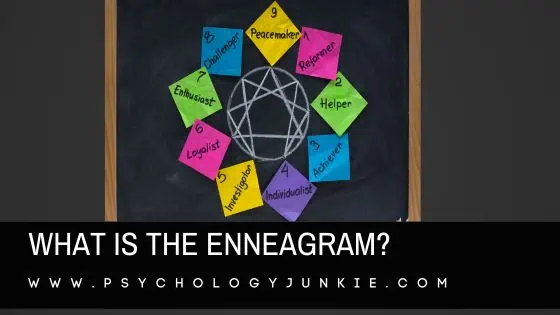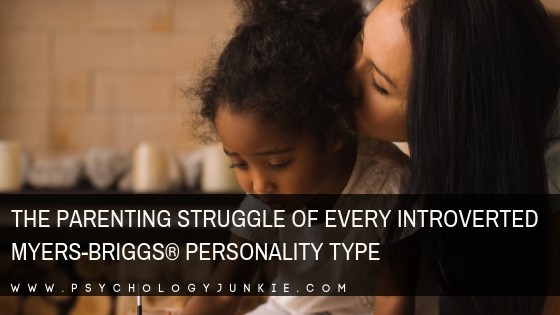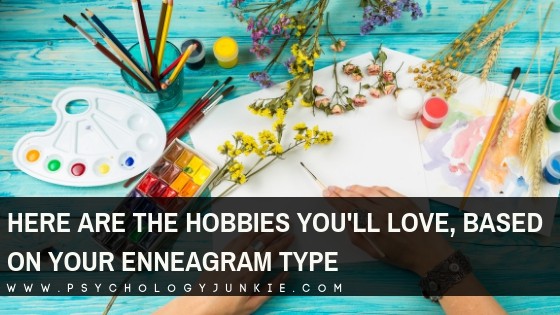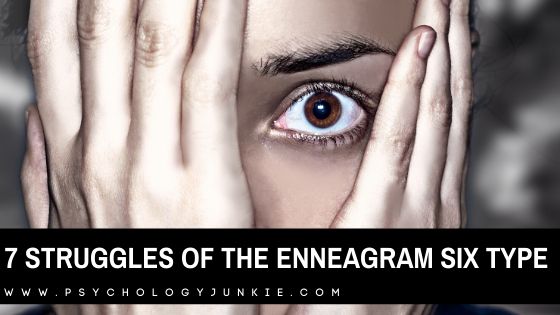What Is The Enneagram?
What Is the Enneagram?
Have you ever felt like something inside of you was missing? Like there is a need that was never met, a message you needed to hear but never heard? Do many of the decisions in your life stem from an instinctual sense of fear, anger, or shame? All of us are driven by certain core desires, fears, and longings that are hard to vocalize. All of us are trying to compensate for messages and needs that weren’t met in childhood. The enneagram is a typology system that is meant to show each of us the roots of many of our driving desires, fears, and coping mechanisms.
Not sure what your enneagram type is? Take our new personality questionnaire here!


Table of contents
- What Is the Enneagram?
- But What Does the Enneagram Stand For?
- What Are the Nine Enneagram Types?
- Type One: The Reformer
- Type Two: The Helper
- Type Three: The Achiever
- Type Four: The Individualist
- Type Five: The Investigator
- Type Six: The Loyalist
- Type Seven: The Enthusiast
- Type Eight: The Challenger
- Type Nine: The Peacemaker
Estimated reading time: 8 minutes
But What Does the Enneagram Stand For?
The enneagram is a geometric figure that maps out nine possible personality types and their complex interrelationships. It is taken from the Greek word “nine”-ennea-and “figure”-grammos; making it a “nine-pointed figure”. The philosophy behind the enneagram has roots in many different religions, from Christianity to Bhuddism to Judaism. That said, the enneagram is not a religion. It’s not a spiritual philosophy (although many religions incorporate enneagram into their studies). Ultimately, the enneagram is about self-knowledge and understanding. It’s about recognizing our core drivers, as well as the impact of our experiences, motivations, attitudes, and fears.
According to the theory behind the enneagram, we are born with a dominant type (one of the numbers 1-9). People don’t change types, and the numeral rankings of the types have no significance. A 9 isn’t better than a 1, and a 1 isn’t better than a 9, for example.
Scientific validation of the enneagram test, also called the Riso-Hudson Enneagram Type Indicator (RHETI), started in 2004 with a dissertation published by Rebecca Newgent at the University of Akron. She favorably validated the RHETI against well-known five-factor instruments including the NEO-PR-I. The enneagram is used frequently by psychologists and counselors.
What Are the Nine Enneagram Types?
Here are some brief descriptions of the nine enneagram types. We will get into more depth about each of these types in future posts.
Type One: The Reformer
These types are determined, idealistic, and principled. They are driven by a strong desire to improve the world and root out corruption. They have a strong sense of right and wrong and are extremely hard on themselves when they make a mistake. They tend to be organized, structured, and perfectionistic. Underneath their hard-working, principled nature they are propelled by a sense of anger. However, they feel like they must suppress their instincts and anger in favor of what is right and good.
Type Two: The Helper
These types are devoted, giving, and self-sacrificing. They tend to be generous and warm and are frequently aware of the needs and emotional dynamics of others. They want to feel needed, to take care of people, and to feel a sense of camaraderie and affection with others. They may struggle to take care of their own needs because they become so consumed with taking care of others. They tend to suppress anger, looking outside themselves for affirmation and value. They tend to reject their true feelings in order to feel, and be see, as entirely loving.
Type Three: The Achiever
Threes are motivated by success and accomplishment. They are competitive, charming, adaptable, and ambitious. Achievers want to gain status and personal advancement and are usually good at presenting themselves well. They want to distinguish themselves from others by mastering their strengths and abilities. They strive to be the best they can be, but this can lead to workaholism and chronic dissatisfaction with where they are now. They tend to suppress their feelings in order to make a favorable impression on others or be more effective.
Type Four: The Individualist
Fours are sensitive, self-aware, creative, and often quiet. They believe in being emotionally honest and true to their values and beliefs. They tend to withhold part of themselves from others and often feel misunderstood. They hate the idea of being ordinary, yet they sometimes become jealous of ordinary life. They spend much of their time invested in their internal mental landscape. They often have rich imaginary worlds that they long to express either through art or lifestyle choices. They tend to under-express feeling, showing it indirectly through art or aesthetic living.
Type Five: The Investigator
Fives are skeptical, curious, innovative, and independent. They like to be wrapped up in ideas and theories and enjoy discovering new insights. They tend to appear detached yet intense and can veer towards isolation, nihilism, and eccentricity. They tend to look at things from new perspectives and see the world in unique and original ways. Fives tend to over-express thinking; substituting thinking for action or doing. They may become obsessed with complex thoughts and struggle to bring any of their ideas into fruition.
Type Six: The Loyalist
Sixes are responsible, skeptical, security-oriented types. They tend to be hard-working and cautious, always trying to create a safer and more secure future. Some do this by seeking community and adhering to traditions while others eschew community and tradition because they feel like they can’t trust it. Sixes tend to feel that they can’t truly hold onto anything or take anything for granted, so they seek some kind of security that always seems to be evading them. They tend to have a deeply-rooted sense of fear at the center of their personality which can cause them to become evasive, anxious, and suspicious. However, when they are healthy they can be deeply insightful, protective, and generous.
Type Seven: The Enthusiast
Sevens are energetic, enthusiastic, spontaneous personality types. They are usually driven by a sense of adventure and playfulness. They desire to make the most of each moment and experience new things. They are usually busy and active, trying to keep themselves occupied with as many possibilities as possible. Their impulsive, fun-loving nature usually puts them at the center of many social events. When they’re not mature, they can be scattered and attention-seeking. Sevens tend to under-express thinking; leaving their train of thought incomplete or getting distracted by new thoughts and activities on a regular basis.
Type Eight: The Challenger
Eights are self-confident, assertive, and protective personality types. They are determined not to be controlled by others and they put their trust in their instincts. They want to get the most out of life and they hate being in positions of subservience. As a result, they are often drawn to running their own businesses or working independently. They want complete self-reliance and they can sometimes feel like ‘outlaws’ in a world full of rule-followers. Eights tend to over-express instinct – they move on hunches and reactions and can do so without stopping to see the consequences.
Type Nine: The Peacemaker
Nines are easy-going, supportive, and conscientious people who are skilled at creating harmony wherever they go. They seek stable lives and enjoy simple pleasures. They are usually affable and friendly and are unlikely to attempt to control others. They have a strong faith that everything will work out and they approach life with an easy optimism that many are drawn to. Nines tend to deny their anger and instincts because they feel threatened by them. They tend to avoid dwelling on any negative feelings and emotions, instead preferring to focus on their relationships and their immediate environment.
The Centers
The nine enneagram types are arranged in three sets of three. Each set of three has a center. Five, six, and seven form the thinking center. Eight, nine, and one form the instinctive center. Two, three, and four form the feeling center. The inclusion of each type into it’s center is not arbitrary. Each individual has a unique relationship and set of issues related to their center. For example, 1’s under-express instinct, 8’s over-express instinct, and 9’s are the most out of touch with instinct.
The centers are also important in that they show us one of the strongest unconscious drivers of each of the personality types. In the instinct group, the core emotion is anger or rage. In the thinking group, the core emotion is fear, and in the feeling group the core emotion is shame. While all 9 personalities have access to all three emotions (anger, fear, shame), each group of three is profoundly affected by their core emotional theme.
This is Just the Beginning…
There is a lot more to the enneagram than what is in this initial post. There are wings, tritypes, directions of integration and disintegration, and more. The enneagram can tell you the reasons why you make a lot of the decisions that you do, and it can show you how you behave when you’re spiraling out of control, as well as your tendencies when you are mature and well-developed.
I will be writing more about the enneagram in the future so stay tuned for more posts on the subject!
How Can I Find Out My Enneagram Type?
There are quite a few knock-off enneagram tests available online, but like all knock-off tests, they are highly unlikely to be accurate. You can take the official enneagram test here. You can also find your type by studying the enneagram personally. My favorite book to reference is The Wisdom of the Enneagram (this is an affiliate link). I will also be including more enneagram articles on my site in the coming weeks! This is an area of typology that I think can be extremely beneficial to everyone.
What Are Your Thoughts?
Do you love or hate the enneagram typology system? Do you have any questions about it? Let us know in the comments!
Helpful Links:
Integrative Enneagram Solutions
Subscribe to Our Newsletter

Want to discover more about personality type? Get the inside scoop with Susan Storm on all things typological, along with special subscriber freebies, and discounts on new eBooks and courses! Join our newsletter today!











41 years old this is the first time I’ve ever heard of this concept. Pretty interesting
What a steaming heap of manure.